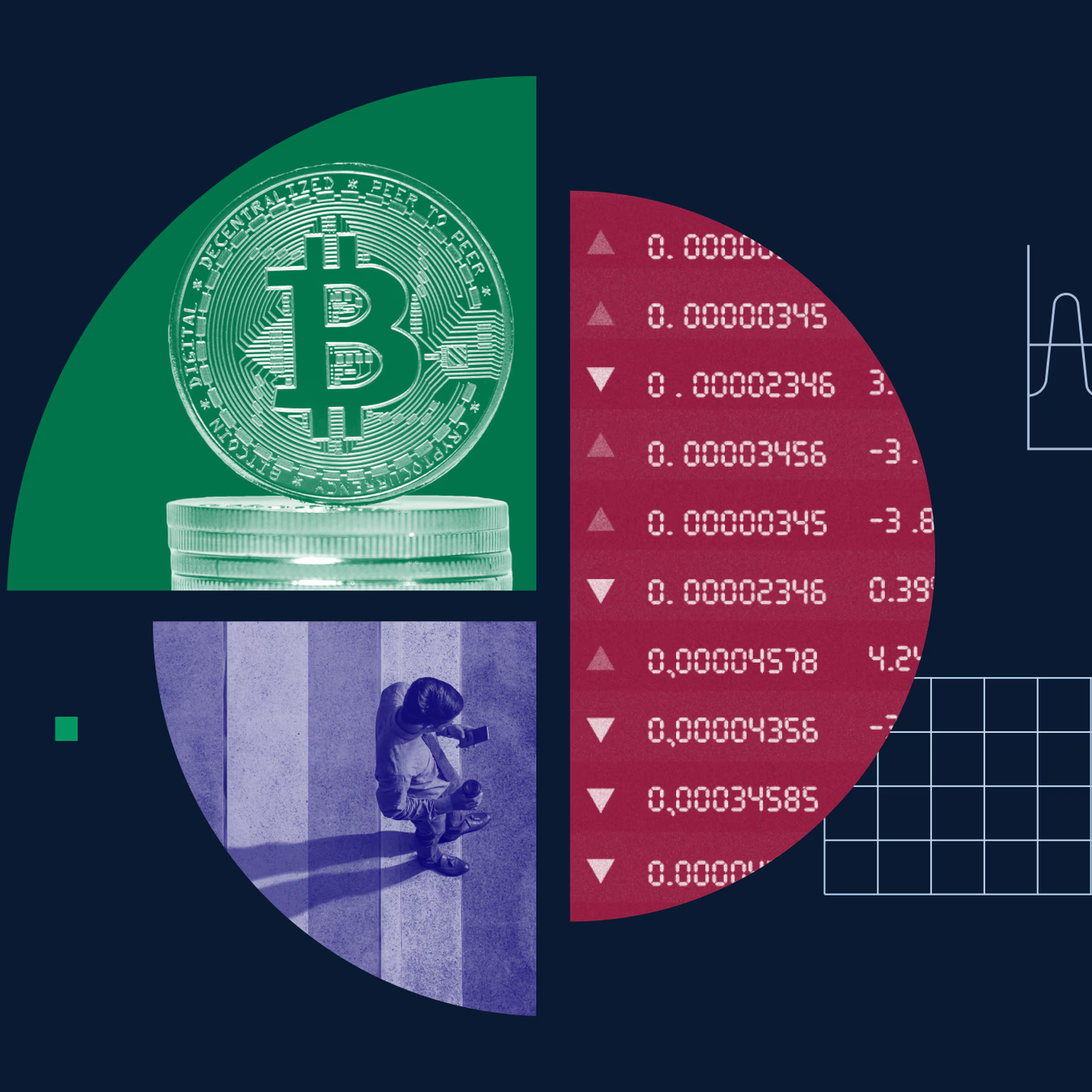Artificial Intelligence (AI) Chips Market to Grow by USD 902.65 Billion (2025-2029)................
The global artificial intelligence (AI) chips market size is estimated to grow by USD 902.65 billion from 2025-2029, according to Technavio. The market is estimated to grow at a CAGR of over 81.2% during the forecast period. Increased focus on developing AI chips for smartphones is driving market growth, with a trend towards convergence of AI and IoT. However, dearth of technically skilled workers for ai chips development poses a challenge. Key market players include Advanced Micro Devices Inc., Baidu Inc., Broadcom Inc., Cerebras, Fujitsu Ltd., Google LLC, Graphcore Ltd., Huawei Technologies Co. Ltd., Intel Corp., International Business Machines Corp., MediaTek Inc., Microchip Technology Inc., NVIDIA Corp., NXP Semiconductors NV, Qualcomm Inc., SambaNova Systems Inc., Samsung Electronics Co. Ltd., SenseTime Group Inc., Taiwan Semiconductor Manufacturing Co. Ltd., and Tesla Inc.
Artificial Intelligence (AI) is revolutionizing industries from healthcare to retail, finance, automotive, and more. Deep learning and machine learning algorithms require powerful hardware components like AI chips. Advanced Micro Devices (AMD) and Nvidia lead the market with their Trainium2 chip and A100 chip, respectively. These chips use highbandwidth memory for energy efficiency and high computing power. Quantum computing and generative AI are emerging trends in AI technologies. AI chip lines, such as Ascend 910B chipset and H200 chipset, are designed specifically for AI applications. Cloud providers like Microsoft Azure, Amazon Web Services, and Google Cloud offer AI services, while edge computing enables real-time data processing on Edge devices. Ethical concerns surrounding AI use are rising. AI applications in healthcare, elder care, and IoT devices require high security and privacy. ML and DL algorithms power computer vision, image recognition, and pose detection, while cognitive computing and machine intelligence enable personalized health and treatment devices. AI technologies require various hardware components, including CPUs, GPUs, FPGAs, ASICs, DSPs, microcontrollers, frame buffers, and display devices. Energy efficiency, latency, and parallel computing are crucial factors for AI data centers. Theoretical and algorithmic basis, automatic analysis, and extraction are essential for AI applications. Patent filings for AI technologies are increasing, with applications in various industries, including manufacturing machines, wearable devices, smart homes, and connected cars. System failure and malfunctioning are concerns, and ethical considerations are necessary for the successful implementation of AI technologies.
The Internet of Things (IoT) market is experiencing significant growth due to the numerous advantages it offers in various industries, including aerospace and defense, automotive, consumer electronics, healthcare, and more. IoT devices, which include cameras, drones, smart speakers, smartphones, smart TVs, and others, are making decisions based on data they receive without human intervention. To enhance the capabilities of these devices, manufacturers are integrating Human-Machine Interface (HMI) technologies and deploying AI chips. These chips enable power-efficient data processing and machine learning computation, allowing IoT devices to function more intelligently and autonomously. The integration of AI chips in IoT devices is a key trend driving market growth.

































Leave A Comment